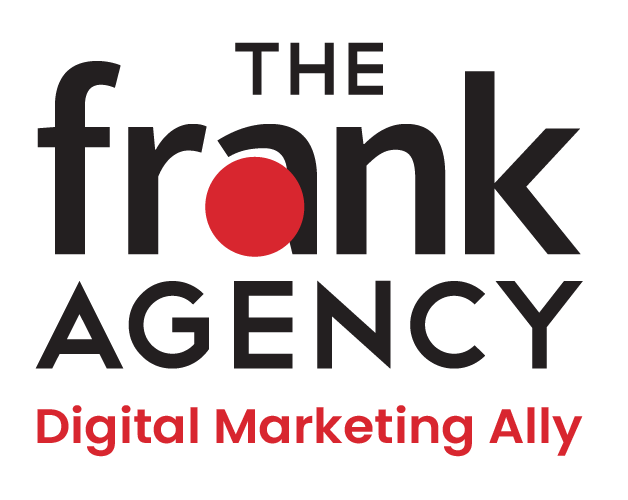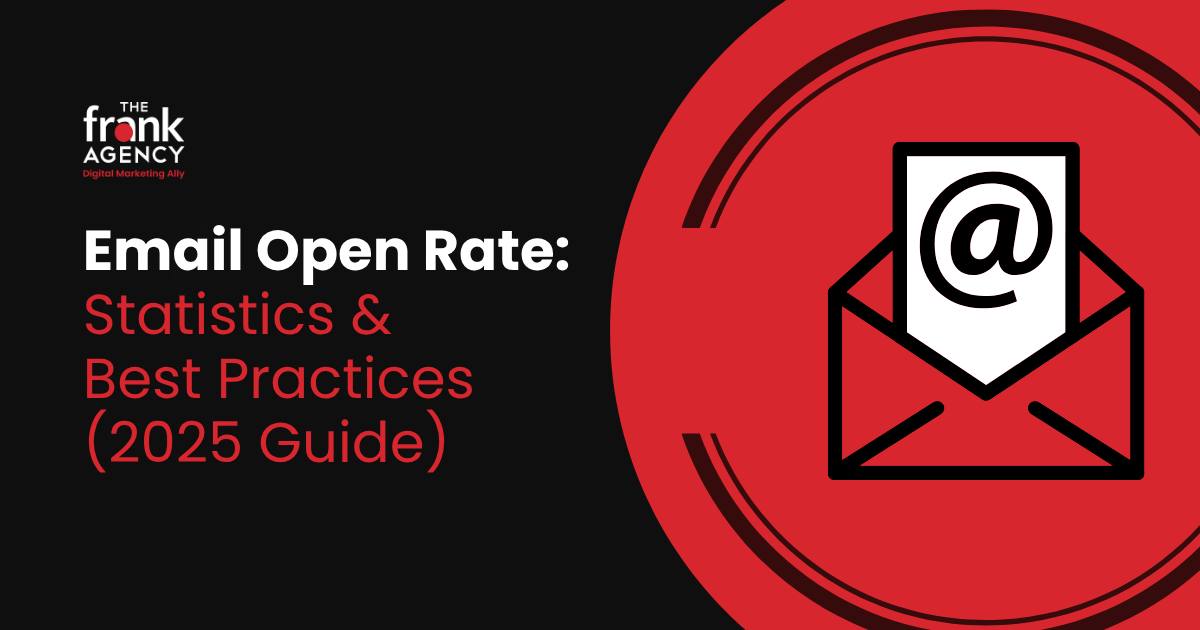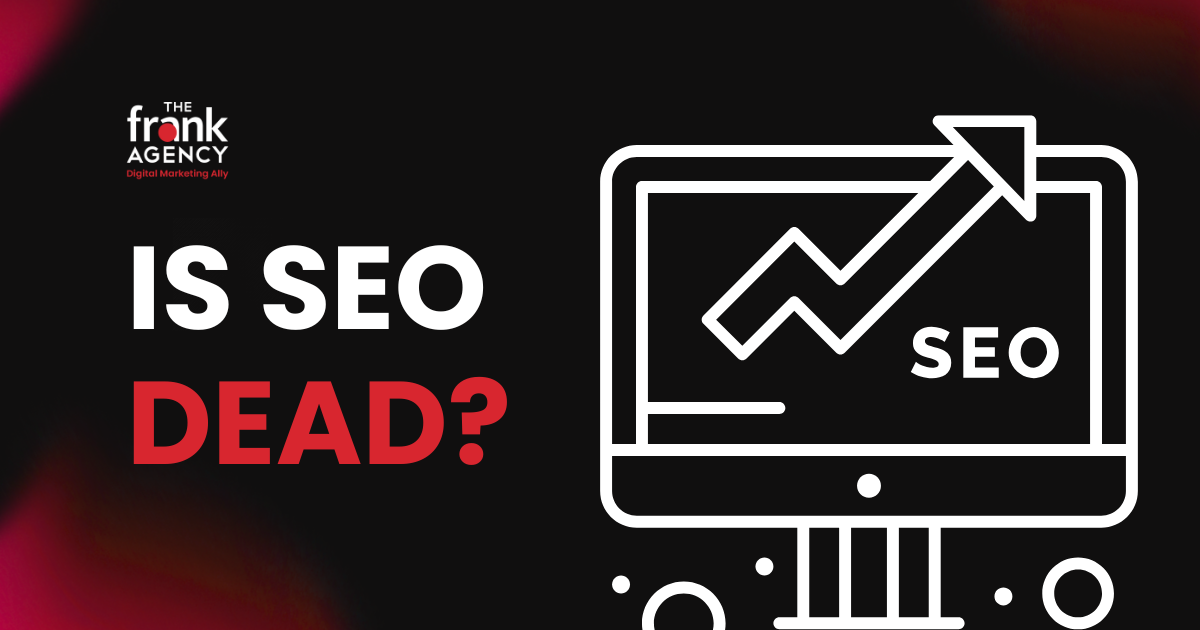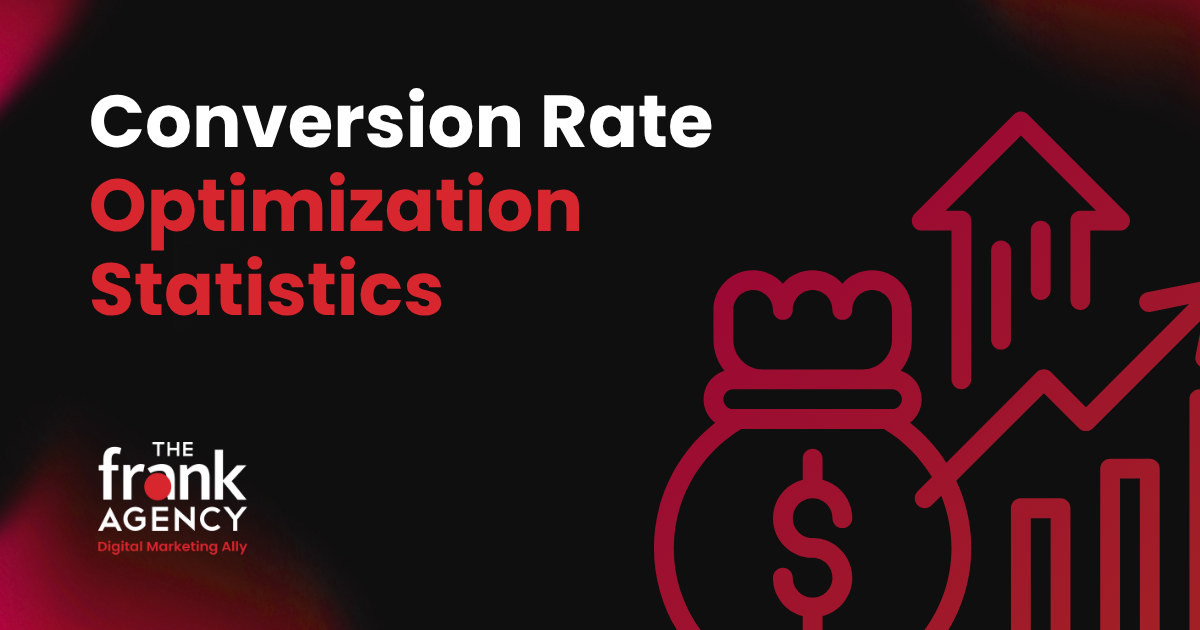When you think of social media marketing, Pinterest probably isn’t the first thing that comes to mind. Facebook and Twitter tend to dominate that game, and for good reason, too. According to the Pew Research Center’s Social Media Update for 2014, 71% of adult Internet users are on Facebook – and are on it frequently (70% reported using it daily, and 45% more than once daily). And although Twitter doesn’t comprise as much of the pie (just 23% of online adults use the platform), Twitter tends to yield high ROI, and 85% of marketers report using it in their efforts.
Compared to giants like Facebook, Pinterest may not seem as relevant – just 28% of online adults use it. But the key to Pinterest isn’t necessarily how many people are using it, but how they’re using it. Fundamentally, Pinterest functions differently from other social media channels. Whereas Facebook and Twitter are all about timeliness and newsworthy content, Pinterest is a tool for curation and features content that is more evergreen.

Pinterest as a Social Search Engine
Pinterest users treat the platform like a search engine. In a recent study, 39% of active Pinterest users indicated they use Pinterest as a search engine over traditional search engines like Google, especially for key categories like food, fashion and home décor.
Pinterest took this notion to heart when it launched Guided Search last year. With this new feature, as users search for a particular term, descriptive Guides pop up to help them refine their search and find exactly what they are looking for.
Longer Lifespan
The lifespan of a Pin is longer than any other social post. While the average lifespan of a Facebook post is measured in hours – and a Tweet in just minutes – a pin has a viability that extends for days. Talk about long tail!
Boards are Indexable
Unlike some of the other major social channels, Pinterest is indexable, meaning boards and images will show up in search results. Because of this, it’s critical to keep some SEO practices in mind when naming images and writing descriptions. If users are searching for pins, using popular keywords in your descriptions will make your content easier to find.
Referral Traffic
Pinterest is second only to Facebook in driving referral traffic.
Promoted Pins
Last year Pinterest launched its Promoted Pins beta program. As of Jan 1, 2015, Pinterest has opened up the program to all U.S. advertisers (though the program is reservations-based, and there currently is a wait list to get in). Promoted pins feature in users’ feeds and look just like regular pins, save for the text that says “Promoted by” below the pin.
From its beta test, Pinterest reported that promoted pins performed just as well (and sometimes better) than organic pins, and that advertisers in the beta program experienced a 30% increase in “earned media” or impressions from using promoted pins. True to the nature of a pin, Pinterest reported that promoted pins continued to have a life after the campaign was over.
Appealing More to Men
Pinterest quickly became a “woman’s world” after its launch. This has been a concern for marketers in the past, as user demographics are not evenly split on the site. However, the social network has announced that it’s going to make subtle tweaks to appeal more to the male demographic, such as featuring more “manly” foods in searches for recipes, or delivering up different search results based on the user’s gender.
Interested in social media marketing for your brand? Contact The frank Agency today to learn more!






